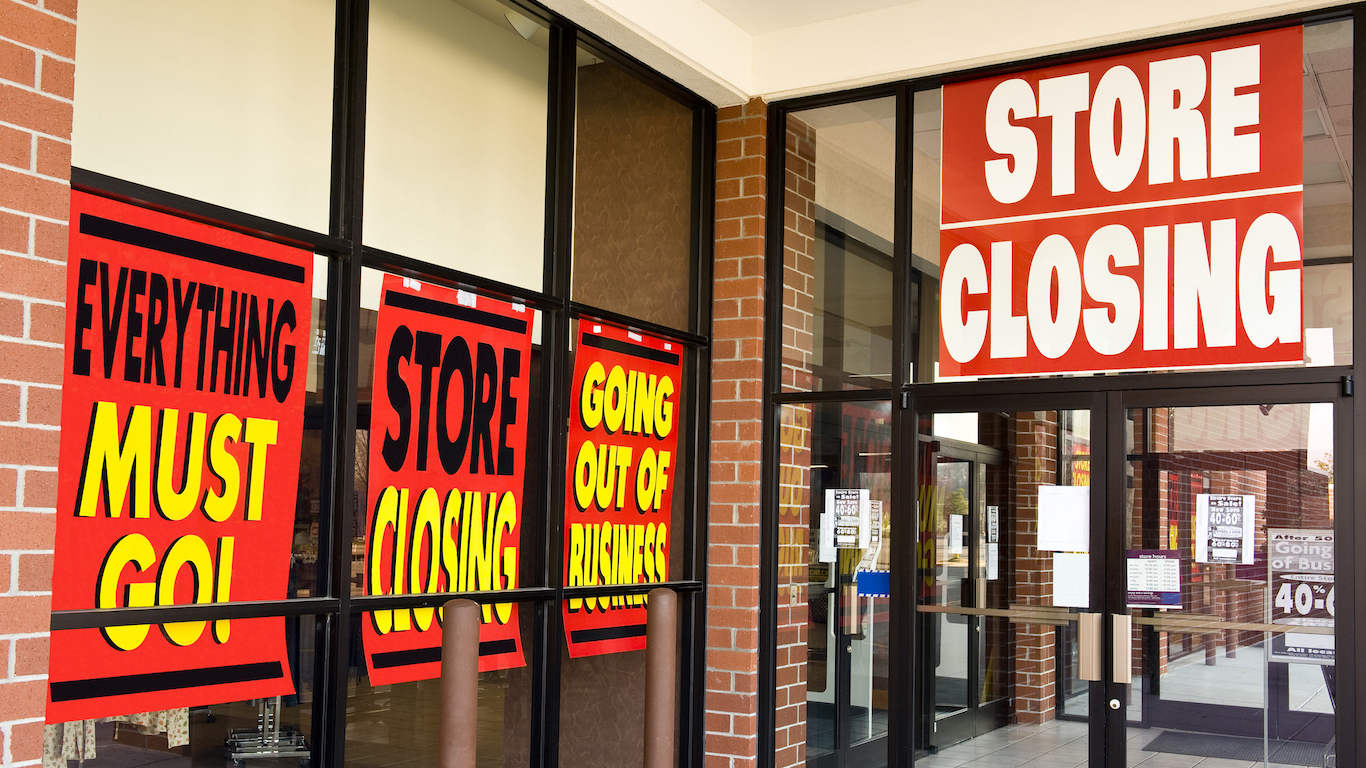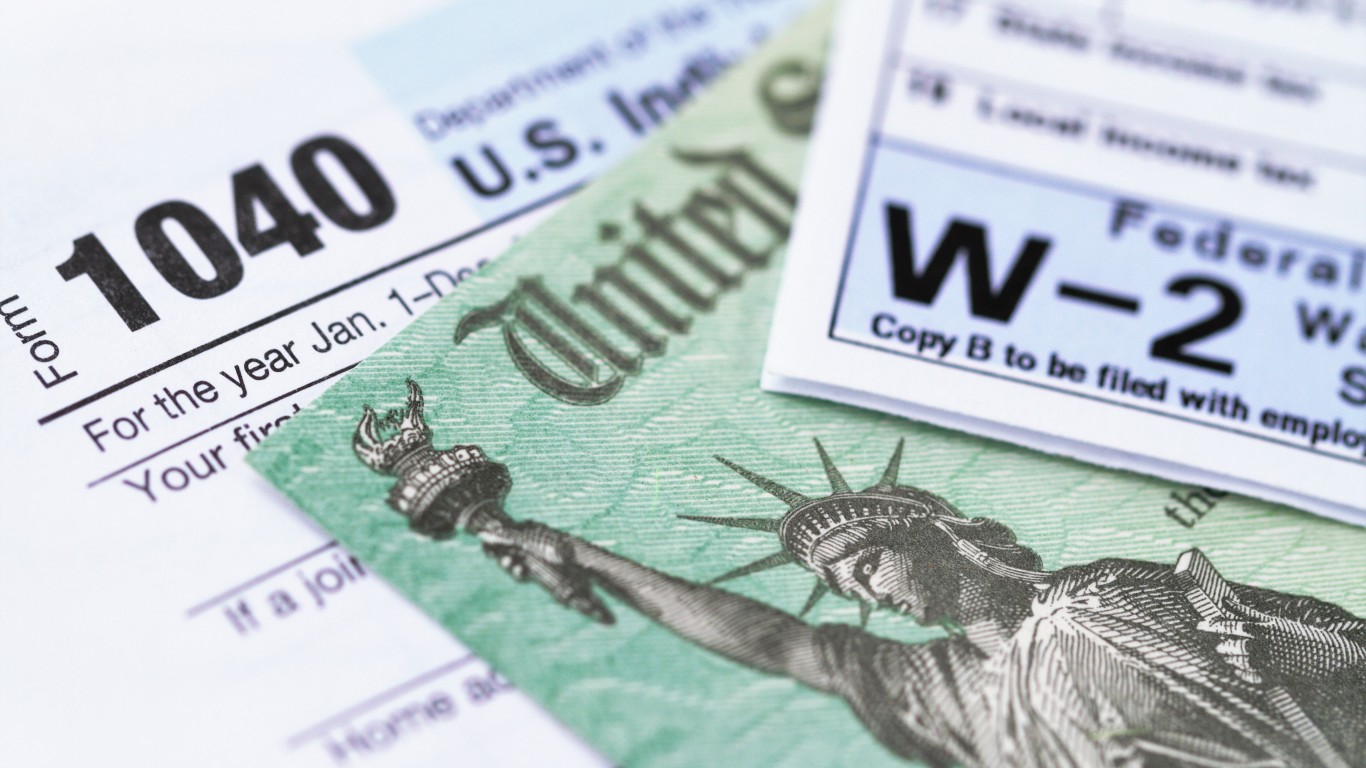
Mark Zandi of Moody’s made a strange observation recently. America may not be in a recession, but enough people believe it is that economic activity has slowed considerably. There is a good deal of support for the analysis. The University of Michigan Survey of Consumers recently showed that “Current assessments of personal finances continued to deteriorate, reaching its lowest point since 2011.”
If a recession is under way, it is an odd one. Unemployment was extremely low at 3.6% in June data from the Bureau of Labor Statistics shows. The economy added 372,000 jobs in the month, which is robust. However, more recently, the BLS Consumer Price Index showed June inflation was a four-decade high of 9.1% year over the previous year. Perhaps labor is tight enough that it is driving up inflation as income from full employment nationwide is driving up consumption.
The problems consumers face with inflation are unsettling because almost all of them are beyond the consumer’s control. Oil and gas prices are the best example. Crude oil prices are up to a large extent because of low supply, which in turn has been triggered by embargos on Russian oil because of its invasion of Ukraine. Americans are told regularly that gas prices won’t soon reset to where they were ago. Full employment nationwide does not help middle-class people facing this hurdle.
One of inflation’s effects is that it causes people to feel poor. Necessary month costs like food and housing eat up income. Discretionary income is eroded and this, in turn, erodes GDP growth.
Looking at the economic landscape, a recession has begun and will last as long as inflation is near its 9% level.
Are You Ahead, or Behind on Retirement? (sponsor)
If you’re one of the over 4 Million Americans set to retire this year, you may want to pay attention. Many people have worked their whole lives preparing to retire without ever knowing the answer to the most important question: are you ahead, or behind on your retirement goals?
Don’t make the same mistake. It’s an easy question to answer. A quick conversation with a financial advisor can help you unpack your savings, spending, and goals for your money. With SmartAsset’s free tool, you can connect with vetted financial advisors in minutes.
Why wait? Click here to get started today!
Thank you for reading! Have some feedback for us?
Contact the 24/7 Wall St. editorial team.



